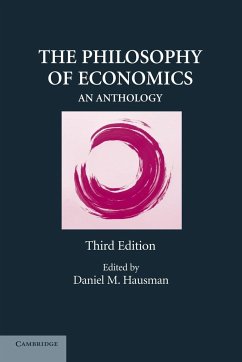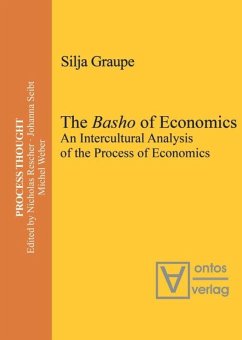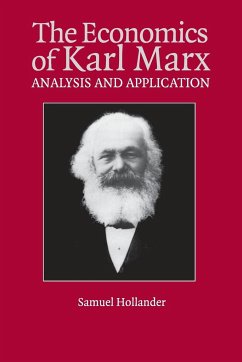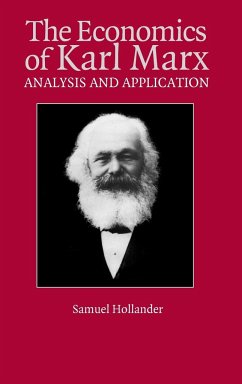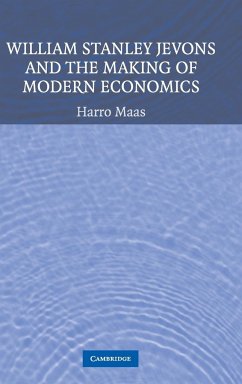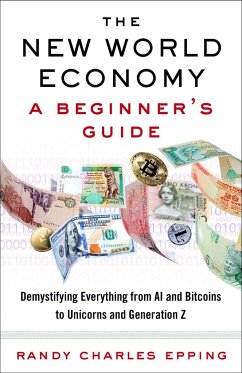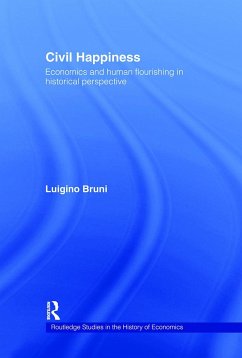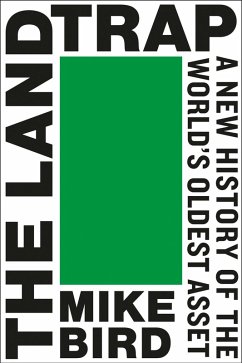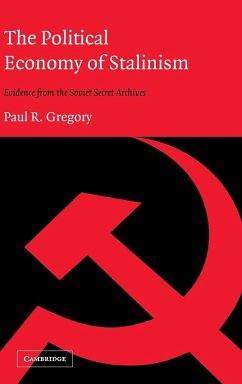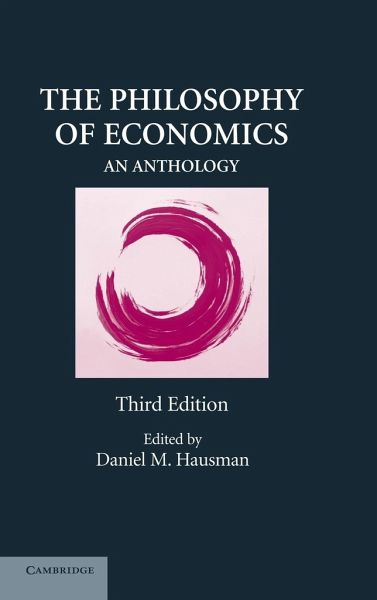
The Philosophy of Economics
An Anthology
Versandkostenfrei!
Versandfertig in 1-2 Wochen
113,99 €
inkl. MwSt.
Weitere Ausgaben:

PAYBACK Punkte
57 °P sammeln!
An anthology of works on the philosophy of economics, including classic texts and essays exploring specific branches and schools of economics. Completely revamped, this edition contains new selections, a revised introduction and a bibliography. The volume contains 26 chapters organized into five parts: (I) Classic Discussions, (II) Positivist and Popperian Views, (III) Ideology and Normative Economics, (IV) Branches and Schools of Economics and Their Methodological Problems and (V) New Directions in Economic Methodology. It includes crucial historical contributions by figures such as Mill, Mar...
An anthology of works on the philosophy of economics, including classic texts and essays exploring specific branches and schools of economics. Completely revamped, this edition contains new selections, a revised introduction and a bibliography. The volume contains 26 chapters organized into five parts: (I) Classic Discussions, (II) Positivist and Popperian Views, (III) Ideology and Normative Economics, (IV) Branches and Schools of Economics and Their Methodological Problems and (V) New Directions in Economic Methodology. It includes crucial historical contributions by figures such as Mill, Marx, Weber, Robbins, Knight, and Veblen and works by most of the leading contemporary figures writing on economic methodology, including five Nobel Laureates in Economics.





